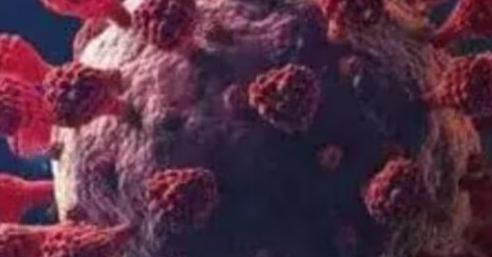WHO tracking new Covid variant BA.2.86 with numerous mutations. What we know so far
The lineage named BA.2.86 has been detected in the United States, Denmark and Israel, according to US Centers for Disease Control.

The World Health Organization (WHO) on Friday said they are monitoring a new variant of Covid-19 carrying a large number of mutations. The UN health agency said the variant, BA.2.86, has been detected in a handful of countries and more data are required to understand the strain and the extent of its spread. The WHO, however, stressed that the number of mutations “warrants attention”.
“WHO will update countries and the public as we learn more,” the UN agency said, calling for better surveillance, sequencing, and reporting of Covid-19 as the virus continues to circulate and evolve.
The BA.2.86 strain was first reported on July 24 and was classified as a ‘variant under monitoring’ on August 17.
The US Centers for Disease Control (CDC) also confirmed it is also closely monitoring the variant, in a message on the social media platform X, formerly known as Twitter. So far, the variant has only been detected in Israel, Denmark and the United States, according to CDC.
“CDC is tracking a new lineage of the virus that causes COVID-19. This lineage is named BA.2.86, and has been detected in the United States, Denmark and Israel. CDC is gathering more information and will share more about this lineage as we learn it,” it said in a post.
The WHO is currently tracking three variants of interest and seven variants under monitoring.
Dr S. Wesley Long, medical director of diagnostic microbiology at Houston Methodist, said the new lineage, with 36 mutations from the currently-dominant Omicron subvariant XBB.1.5, “harkens back to an earlier branch” of the virus, reported Reuters.
“My biggest concern would be that it could cause a bigger spike in cases than what we have seen in recent waves,” Dr Long was quoted as saying. “The boosters will still help you fight off Covid in general.”
Jesse Bloom, a virologist at the Fred Hutchinson Cancer Center, in a slide deck published on Thursday, said the most likely scenario is this variant is less transmissible than current dominant variants.
